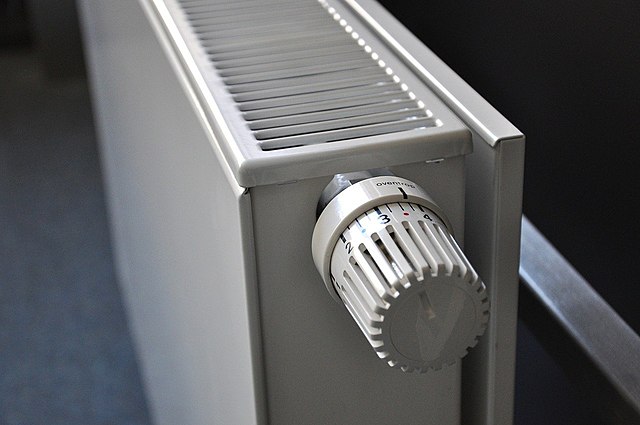 Poverty
Poverty 
In a guest post, Mark Isherwood MS, Shadow Minister for Social Justice, and Chair of the Cross Party Group on Fuel Poverty and Energy Efficiency says that solving Fuel Poverty cannot be treated in isolation.*
Fuel Poverty is a longstanding social justice issue in Wales, but the recent global energy price increases have brought the issue to the top of the political agenda.
With gas prices hitting a record high as the world emerged from lockdown, the Energy Price Cap, set by OFGEM will rise a further 54% on 1 April. Those on default tariffs paying by direct debit will see an average increase of £693 to £1,971 per year.
Based on this increase alone, National Energy Action Cymru estimate that over 280,000 households in Wales could be in fuel poverty from April, a further 100,000 households since October 2021.
Wales has the oldest housing stock in the UK and amongst the least energy efficient housing stock in Western Europe, exacerbating the problem and forcing many households to choose between eating or heating.
We therefore need to upgrade the energy efficiency of fuel poor homes in Wales. The Welsh Government is currently consulting on the future of its Warm Homes Programme, its key delivery mechanism to tackle Fuel Poverty and improve home energy efficiency for those most in need.
It is vital that the next iteration of the Warm Homes Programme:
• Includes focused targets to lift households out of Fuel Poverty;
• takes a multi-measure approach;
• provides sufficient, long-term funding to meet the current scale of Fuel Poverty in Wales and the targets set out in the Welsh Government’s Tackling Fuel Poverty Plan.
I have been the Chair of the Cross-Party Group on Fuel Poverty and then the Cross Party Group on Fuel Poverty and Energy Efficiency since 2007, working throughout with NEA Cymru and members of what became the Fuel Poverty Coalition Cymru during my first term as Chair. We re-established the Cross-Party Group this Senedd term, and our second meeting scheduled for the 14th March.
The Cross Party Group’s purpose is “to raise understanding of fuel poverty and enable members to discuss the policy issues which impact on the ability of households in Wales to afford to keep warm and safe at home”.
In addition to Winter Fuel Payments and Cold Weather payments, the UK Government recently announced its Energy Bills Rebate, to provide around 28 million households with a £200 energy bill. Energy suppliers will apply this from October. It will then be recovered from people’s bills in equal £40 instalments over 5 years from 2023.
Households in England in council tax bands A-D will also receive a £150 rebate and Local Authorities in England have been given £144 million discretionary funding “to support vulnerable people and individuals on low incomes who do not pay Council Tax or who pay Council Tax for properties in other Bands”.
In consequence the Welsh Government will receive a £180 million of Barnett Funding from the UK Treasury, which it would not otherwise have received.
Earlier this month I welcomed the Welsh Government’s announcement that the Winter Fuel Support Scheme Payment has been doubled to £200 and called on Ministers to ensure that all those eligible are aware of the scheme and benefit from the payment.
The Welsh Government has since announced another Winter Fuel Payment later this year; a £150 payment to households in council tax bands A to D and to households receiving support from the Council Tax Reduction Scheme in all council tax bands; and a £25m Discretionary Fund available to local authorities ‘to help households which may be struggling’.
Although these announcements have been welcomed, the Winter Fuel Payment won’t reach everyone in need, including those in fuel poverty not in receipt of means-tested benefits.
NEA are calling on the Welsh Government to:
• make the next payment ahead of October before the coldest months;
• expand support to those also in desperate need who have missed out to-date;
• and use the time between then and now to ensure payments ultimately reach as many eligible Households as possible.
Solving Fuel Poverty cannot be treated in isolation. Welsh Government action plans should not only include steps to help vulnerable households facing higher costs, but also detail how action will be taken across the sectors both to create the conditions for a high wage, high skilled economy, and to develop a systemic, community-led strategy for tackling deprivation and promoting social justice.
- The Bevan Foundation publishes occasional guest articles by organisations that support it.


